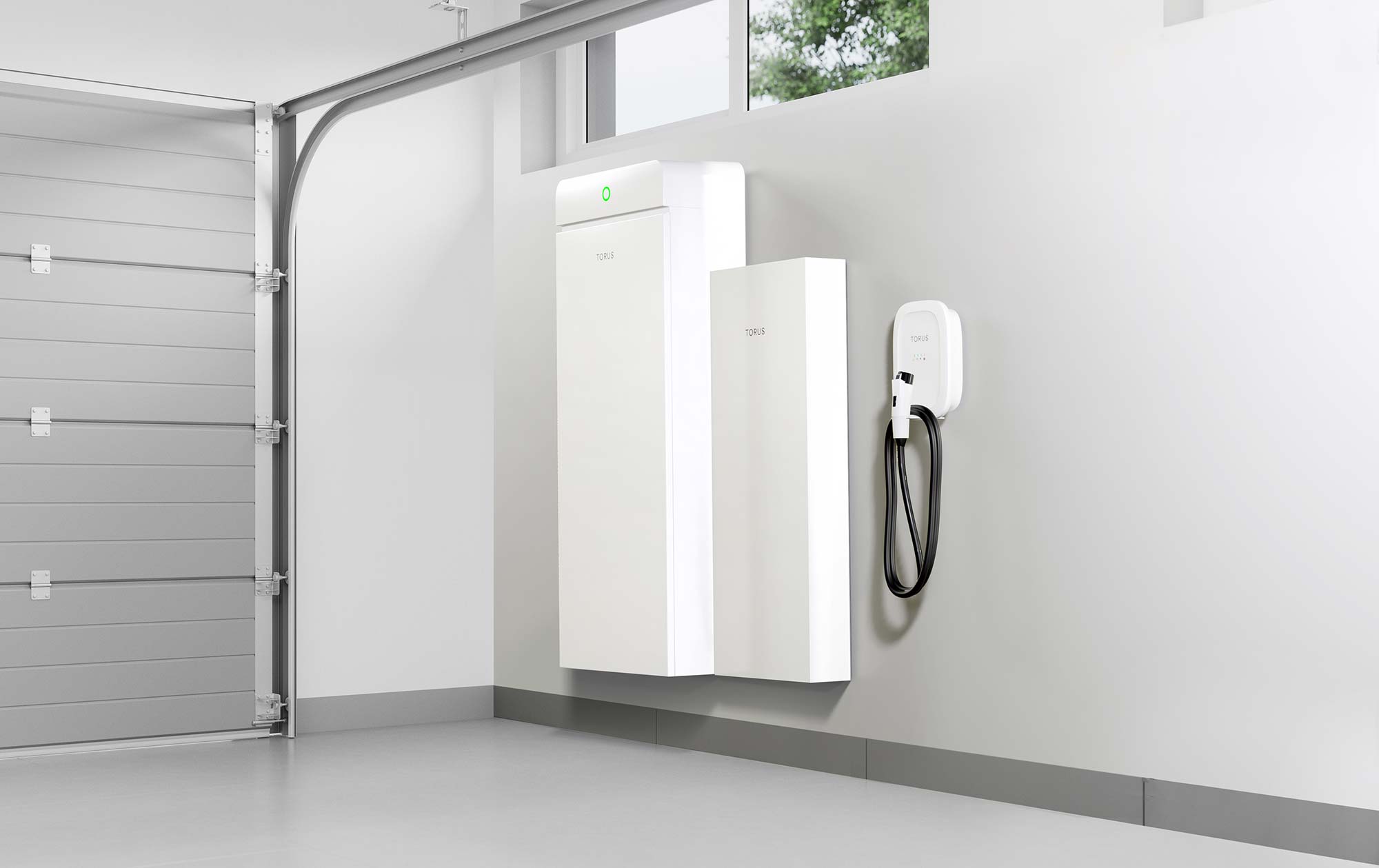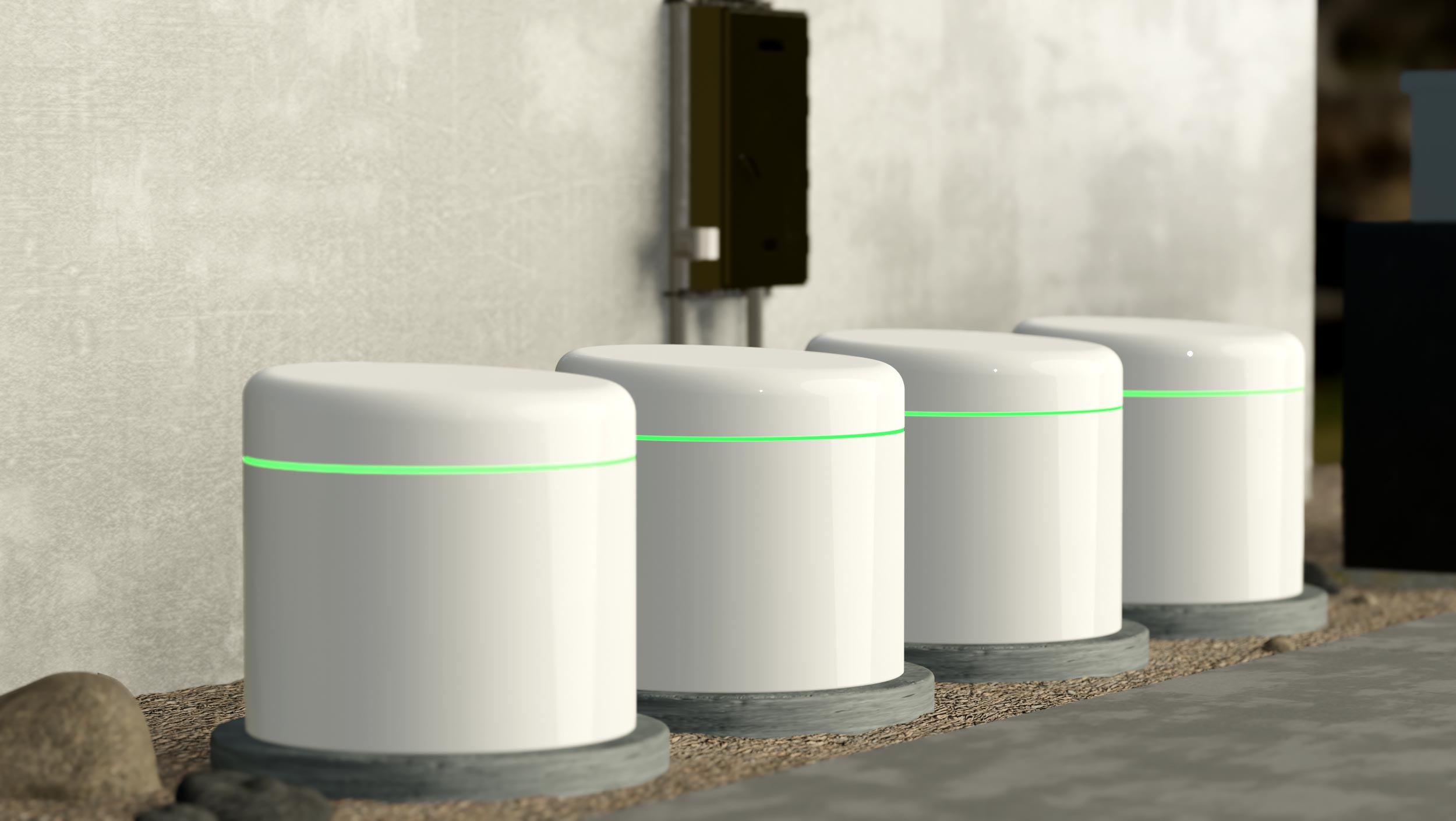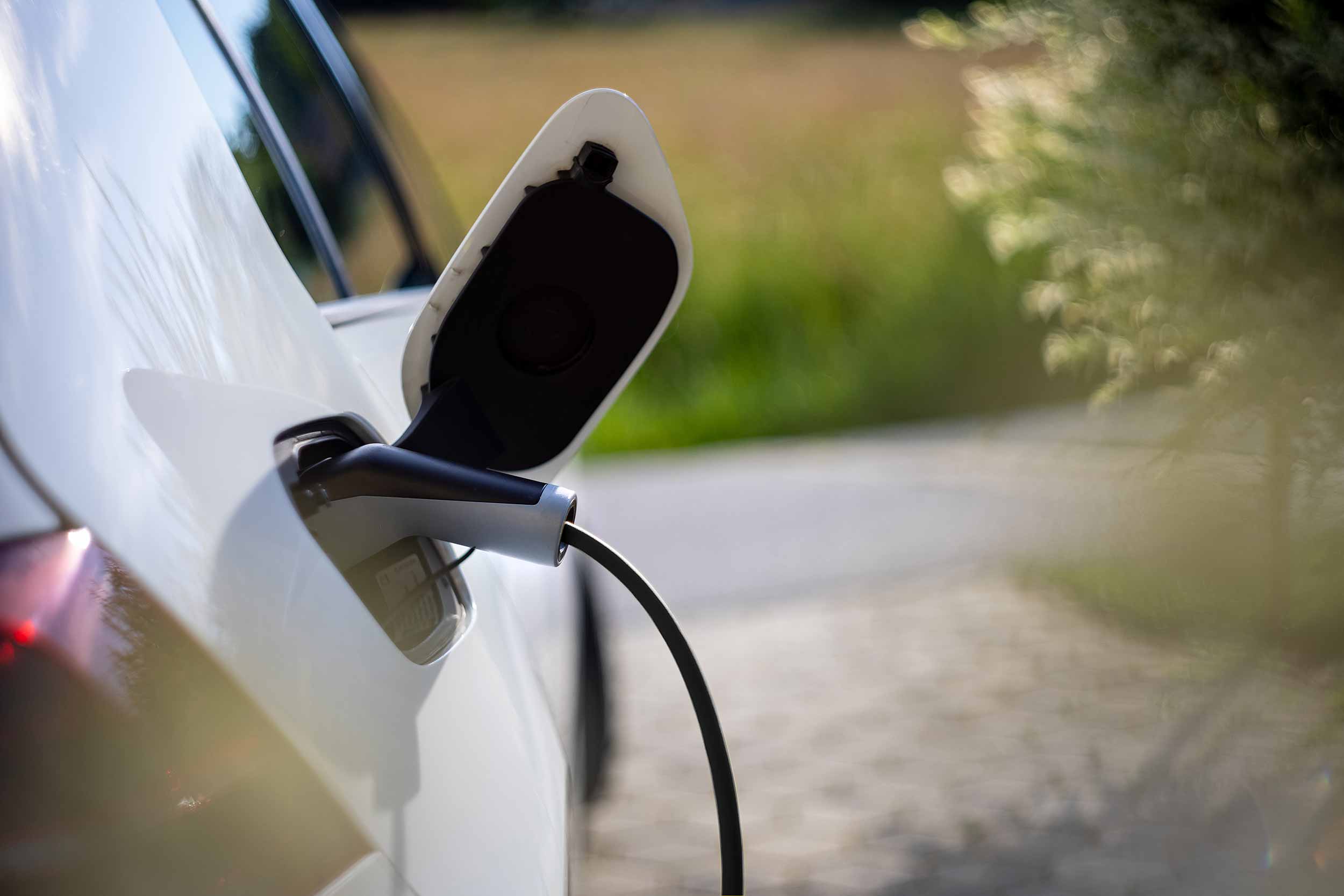What Are the Pros & Cons of Hydropower Energy?
Key considerations about the oldest form of renewable energy
Hydropower, or hydroelectric power, utilizes the force of flowing or falling water to generate electricity, making it one of the oldest and most widely used renewable energy sources. As we strive for a future powered by sustainable energy, it’s imperative that we continually assess the advantages and challenges associated with hydropower. We’re diving into a few of them below.
Pros of Hydropower Energy:
- Renewable and Reliable: Hydropower is a renewable energy source that relies on the water cycle, ensuring a consistent and reliable power supply. As long as water resources are properly managed, hydropower can provide a long-term and sustainable energy solution.
- Limited Emissions: Hydropower plants produce clean electricity without emitting greenhouse gases or pollutants, contributing to improved air quality and reduced carbon emissions. This environmentally friendly characteristic makes hydropower an appealing solution for combating climate change.
- Electricity Generation and Storage: Hydropower offers both electricity generation and storage capabilities. By controlling water flow, power plants can adjust electricity production to meet demand fluctuations. Additionally, pumped storage hydropower facilities can store excess energy by pumping water to an elevated reservoir for later use during peak demand periods.
- Flexibility and Grid Stability: Hydropower plants can quickly respond to changes in electricity demand, providing grid stability and supporting the integration of other intermittent renewable energy sources. Their ability to ramp up or down power generation makes hydropower a valuable asset in maintaining a reliable and balanced electrical grid.
- Multi-Purpose Use: Hydropower projects often involve the construction of dams, which can offer additional benefits such as water storage, irrigation, flood control, and recreational activities like boating and fishing. The multi-purpose nature of hydropower projects provides advantages beyond electricity generation.
Cons of Hydropower Energy:
- Environmental Impact and Habitat Disruption: The construction of large-scale hydropower projects can lead to environmental impacts, including the alteration of natural river ecosystems, disruption of fish migration patterns, and loss of habitats. Proper planning and mitigation measures are crucial to minimize these effects.
- Land and Habitat Loss: The creation of reservoirs for hydropower plants can result in the submergence of land and the displacement of communities, wildlife, and plant species. Reservoir-induced land loss can have social and ecological consequences, so careful consideration of land use and potential resettlement plans are always necessary.
- Upstream and Downstream Effects: Hydropower projects can alter water flows upstream and downstream, impacting water availability, sediment transport, and aquatic ecosystems. These changes can affect agriculture, navigation, and the overall ecological balance of river systems, making proper planning even more critical.
- Methane Emissions: In some cases, decomposing organic matter in reservoirs can produce methane, which is a greenhouse gas. Although hydropower emits less methane than fossil fuels, this can be a concern, particularly in tropical regions with large reservoirs.
- Limited Site Availability: Suitable locations for large-scale hydropower plants are limited, as they require specific geographic features like ample water resources and sufficient height differences. The availability of such sites may be constrained, making it challenging to expand hydropower capacity in certain regions. By adopting responsible practices, employing mitigation measures, and embracing sustainable hydropower development, we can harness its benefits while minimizing any associated drawbacks.
The Torus Station is the most effective way to create, store, and manage clean, renewable energy at home.
Curious? Learn More.
Interested in a free consultation? Get in Touch
Ready to commit? Customize your system




